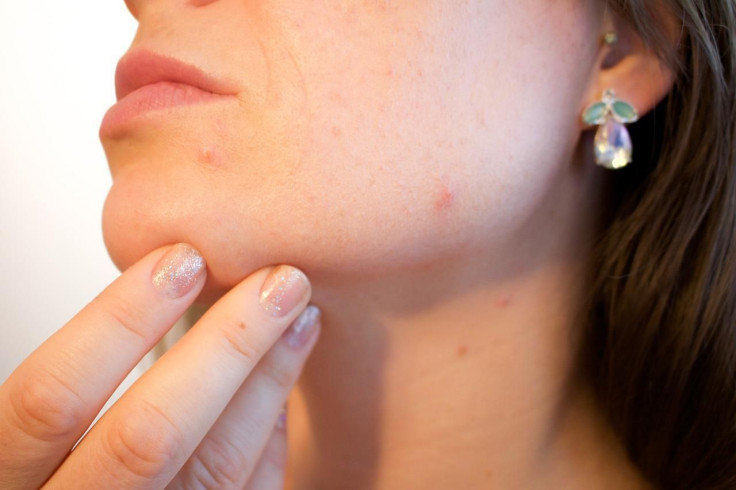New Mobile App Uses AI To Diagnose Skin Conditions With A Snapshot
KEY POINTS
- Physicians use the Piction Health app to take a photo of patient's skin condition
- The app then displays an array of images of similar skin presentations
- It has the potential to reduce a physician's assessment time by at least 30 percent
Piction health, an app developed by Susan Conover, has immense potential to change the way skin conditions are diagnosed in the future. The app uses machine learning to help physicians in identifying skin conditions and ensuring appropriate treatment.
Conover has first-hand experience of the repercussions of delayed diagnosis. At the age of 22, she wanted to get an expert opinion on an unusual mole. However, she was told that the wait time to see a dermatologist would be three months.
When she finally did get the appointment, the mole was removed and sent for biopsy. The mole turned out to be cancerous in the results. Worryingly, at the time, no one could say with certainty that cancer hadn't spread to other parts of her body.
New App Uses AI To Classify Skin Conditions With the Snap of a Picture https://t.co/jheBCjFKPK
— SciTechDaily (@SciTechDaily1) August 26, 2022
Fortunately, the growth was restricted to one spot. This life-changing encounter then sowed the seeds for Conover's determination to launch her own startup named Piction Health.
Talking about her experience, Conover said, "It was just a really scary experience. I consider myself very lucky because I learned at MIT that there's a huge number of people with skin problems every year, two-thirds of those people go into primary care to get help, and about half of those cases are misdiagnosed because these providers don't have as much training in dermatology."
Piction Health had a simple start as a mobile app that focused on recognizing melanoma from images. Soon, Conover realized the app's potential and expanded its range to other skin conditions like acne, eczema, shingles, etc.
"All these other conditions are the ones that are often referred to dermatology, and dermatologists become frustrated because they'd prefer to be spending time on skin cancer cases or other conditions that need their help," Conover said. "We realized we needed to pivot away from skin cancer in order to help skin cancer patients see the dermatologist faster."
"A lot of people don't realize that it's really hard to see a dermatologist — it can take three to six months — and with the pandemic, it's never been a worse time to try to see a dermatologist," she added.
The app allows a physician to take a photo of the patient's skin condition and then displays an array of images showing similar skin presentations. According to Conover, Piction is able to bring down time taken by physicians to assess a patient by about 30 percent.
So far, the app has been used by more than 50 physicians, and the company has entered into partnerships with many organizations.
Piction Health is targeting to launch several additional pilots this year. In the future, Conover is looking forward to expanding the scope of the app to identify and adjudge wounds and infectious diseases.
Also, the company is working on bringing its app to doctors operating in low-resource situations by partnering with non-profit groups.
"This has potential to become a full diagnostic tool in the future," Conover noted. "I just don't want anyone to feel the way I felt when I had my first diagnosis, and I want other people like me to be able to get the care they need at the right time and move on with their lives."

© Copyright IBTimes 2024. All rights reserved.





















